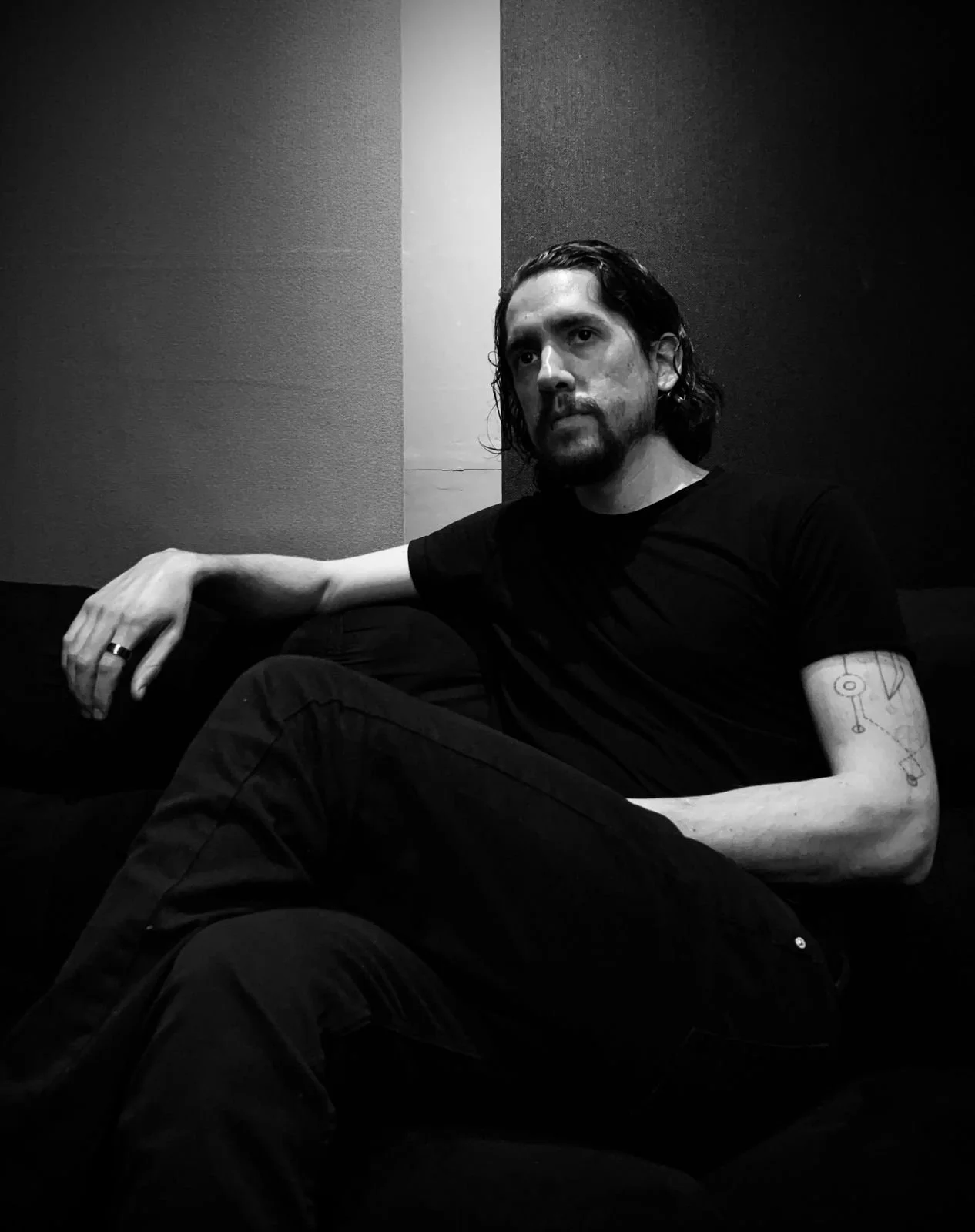Drama / 19 minutes / 4K / Color / Spanish with English subtitles / México / 2025
Synopsis
Carlos is approaching midlife trapped in a personal crisis that has gone on for far too long. His mother, Rosa, endures disabling pain, which is alleviated only by the warm waters of hydrotherapy. One night, she offers to make the ultimate sacrifice so they can both move toward a better future. A short film about love, hope, and the relief we all long for.

CAST
-

Luisa Huertas
Luisa Huertas graduated from the INBA School of Theater Arts and the University Theater Center, CUT-UNAM, where she has also taught classes. She is co-founder and General Director of the Center for Studies for the Use of the Voice (CEUVOZ). She received the award from the Association of Theater Journalists and the Metro award, both for best actress for El Diccionario. She received the Ariel award for her role in Mentiras Piadosas by Arturo Ripstein. She is a founding member of the Mexican Academy of Theater Arts, A.C. and is part of the stable cast of the National Theater Company. In 2020, she was named by Dr. Claudia Sheinbaum, Living Cultural Heritage of Mexico City, celebrating 50 years of artistic career.
-

Óliver Cantú
Oliver Cantú Lozano studied Dramatic Arts at CEDART Alfonso Reyes and at the University of Greensboro in North Carolina. His first feature film Asi, by Jesús Mario Lozano adn produced by Juan Manuel González, premiered at the Venice International Film Festival. It was followed by Cumbia Callera, with Celso Piña, winner of the Best First Film at the Moscow International Film Festival. He also starred in the series Morir en Martes and Hoy Soy Nadie by VIXplus. In theatre, he has participated in productions such as Brokeback Mountain by Hernán Galindo and The Merchant of Venice with Emanuel Anguiano. He recently represented Mexico at the Talent Campus Acting Studio at the Berlinale and was awarded Best Actor at the Indie Festival in Japan for his performance in Perenne by Roberto Garo. He can be seen on HBO MAX in Sierra Madre as a regular in the series, and soon in El Paraíso en Pugna and the film Pérdida total by Enrique Begné.
-

Roberto Cázares
Roberto Cázares has a degree in Theater Arts from the Autonomous University of Nuevo León and a Master's Degree in Film Acting from the Rey Juan Carlos University. He has more than 20 years of experience in theater, film, and television. His most recent roles are in “Versalles” by Andrés Clariond Rangel and “La libertad” by Alejandra Marquez Abella, both in post-production. In 2022, he also participated in the series “Sierra Madre” produced by HBO in Monterrey.
About Reliefs
The audiovisual experience is essential in sharing and discussing our perspectives on life, our natural and social environment, and how we imagine the possibility of transcendence. Since childhood, cinema has been an amazing and deeply meaningful space for me. I am convinced that a film is a window that opens from the particular vision of a team of filmmakers to stimulate this dialogue.
On a personal level, Alivios is a short film that is close to me. As a son, I am confronted directly and more and more frequently with the situations that come with my own aging and that of my parents, who are already in their eighth decade. The monthly medical visits, the common domestic incidents, the uncertainty of what may come, are mixed with the pain of not being able to help them put aside the fear they feel, my personal impossibility of always being there, the distance that the different lives we lead impose on us. Feelings of evasion and guilt are tinged with anxiety and pain. In this sense, Reliefs is a form of relief through the bonds of empathy that can be formed with audiences.
Water, as a great symbol of the story, represents an enveloping embrace, a metaphor for immersion, which calms and comforts. But submersion also speaks of baptism and even a return to the mother's womb. Thus, it is a symbol of the possibility of a transformation, a rebirth to new possibilities, a portal to another moment of life. The location also adds to the symbolic approach of the story. A rehabilitation center, associated with health and the improvement of vitality, becomes an ironic background for a story about life, death, and the delicate balance between the two.
Reliefs is a story that is commonplace in many parts of the world. An aging parent, and a middle-aged son or daughter are bound by their ties of love and need, as well as their socio-economic status. Most families cannot afford a nurse or caregiver, or by tradition expect one of their children to stay and take care of them.
In the case of Reliefs, the son, who is the main caretaker and provider for the home and his mother, is also going through a personal crisis that makes him feel even more trapped by the situation. The mother, as mothers do, can read through his silence and understands that he needs to be let go of his commitment to her, so that he may enjoy the rest of his life.
The film is a negotiation of sorts. As the mother sees it, her son is sacrificing some of the best years of his life to take care of her, a choice that can only be undone by another, more profound sacrifice: her own life. The son, who believes that he has already lost all opportunities of a good life, has himself tacitly accepted to sacrifice however many years he has to take care of his mother.
Reliefs proposes that there is indeed a third way, a way in which acceptance and complicity rather than sacrifice are the option to a better, shared place.
-Juan Manuel González
Director and screenwriter
Production Team













